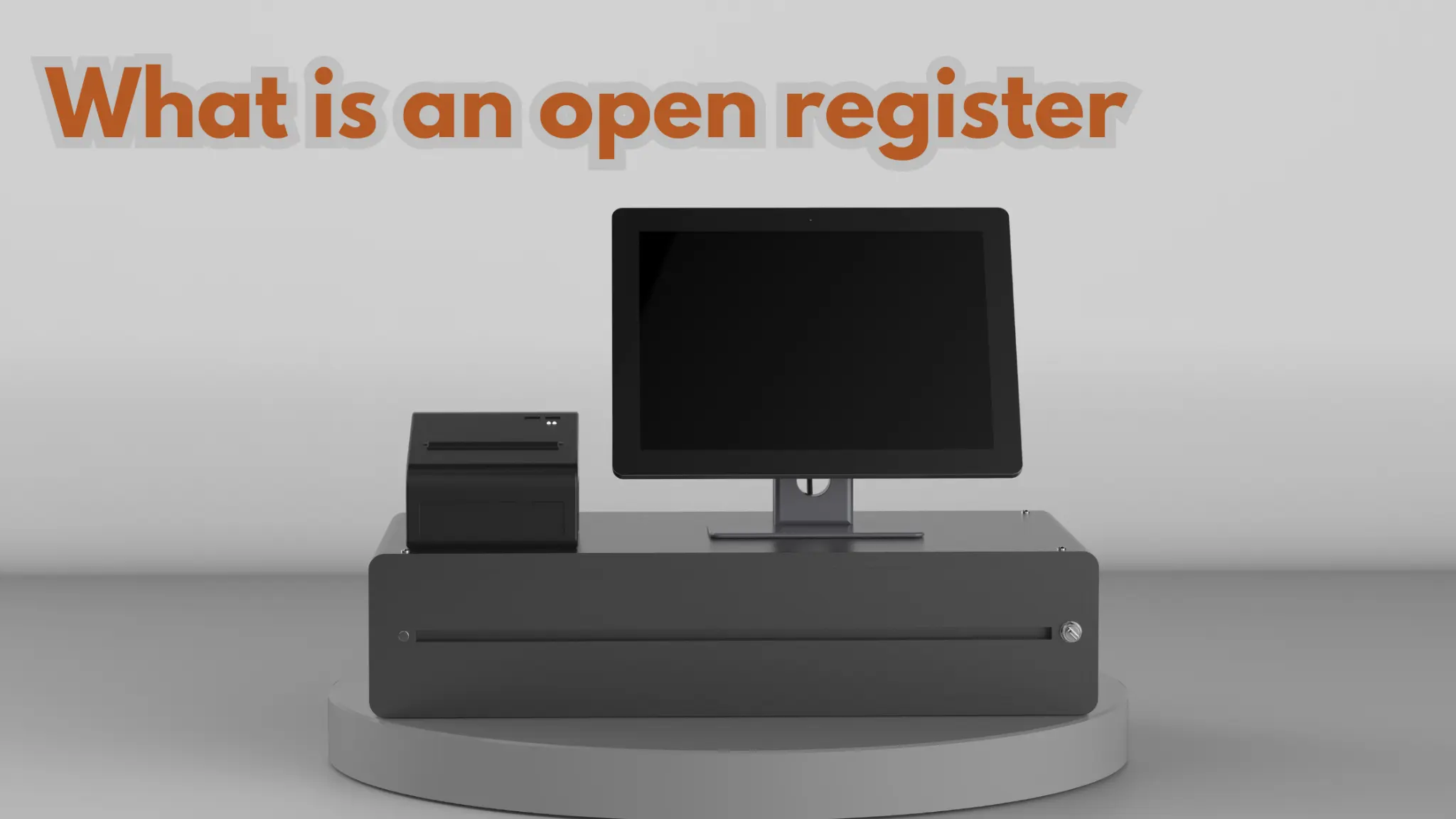What is an Open Register?
An open register is a publicly accessible database containing personal data, such as names and addresses, typically related to specific civic functions. The open register is available for various purposes, such as verifying voter eligibility, legal proceedings, and business transactions. This article will answer the question, “What is an open register?” and explore its purpose, uses, and significance within society.
Purpose of an Open Register
The main reason for an open register is to increase public access to important elements of an individual’s data, such as names and addresses. It is needed for many civil and legal procedures, such as keeping electoral registers identifying the parties to a legal dispute or contract. For instance, open registers are employed in many countries’ voter registration procedures to maintain a current record of the electorate willing to vote in an election. Casting vote openness also assures the citizens of the correctness of the information entered, thereby giving the electorate a higher probability of a right vote.
Open registers are thus not restricted to mere electoral usage. It can also be used as an identification tool for legal agencies where one can check property ownership board directorship, among other details. With such features, the system can enhance security within the transaction processes. Businesses may also use the open registers to validate a partner’s or client’s identity or residence.
Types of Open Registers
- Electoral registers are one of the most widely used open registers and are by no means the only example. Electoral registers typically consist of two parts: open and closed registers. The open register can be used for many different things; marketing, ascertaining whether someone is eligible to vote. The second type, the closed register, also includes similar data but is limited and operates only for electoral and government-related tasks.
- Other open registers include the land ownership registers, incorporation of corporations registers, and marriage registers. Land registers may include extensive information on property owners, while corporate registers may show the names of directors and shareholders of the respective companies. Marriage records may well, for the most part, be genealogical, as well as legal requirements and needs.
Privacy Considerations
They are useful to the general public and, therefore, useful to society; however, they have privacy issues. Introducing personal data on the internet makes accessing the information easier for identity thieves and fraudsters. People may not like that their names and addresses are easily searchable, and people can start debates about transparency and privacy protections within a country.
Some countries allow those who do not wish to be included in the public version of the register to opt-out. For instance, the UK has two registers: the open register, where people can choose not to be included, and the electoral register, where people must be included if they are to vote. This opt-out solution safeguards people’s information but helps them exercise their rights and responsibilities.
Benefits of an Open Register
- The effect of open and other registers mentioned in this paper is to perform several functions that enable active civic participation and transparency. Electoral contexts must involve open registers so that the public can have a true account of the electoral procedure. Enabling disclosure of voter registration information eases determining any blunders that may threaten the election. Also equally helpful is the adventurous nature of open registers, as these assist in developing the public’s trust in the government and the confidence-building aspect of the electoral process.
- To various companies and corporations, these open registers are important tools that enable legal compliance of business transactions since there is usually a way to confirm identities and ownership details. For instance, before concluding the property deal, each of the parties involved can search for the details in the land register to reduce fraud chances.
Potential Drawbacks and Risks
- As a form of open register, some risks are also associated with this form of the register. The most significant risk is information privacy mismanagement, primarily because of how personal information is used. There is the danger of identity theft and fraud; in today’s world, having names and addresses in the public domain is unsafe. Scammers may use information in open registers to perpetrate many criminal activities or even mimic genuine people, particularly in different transactions.
- One of the problems associated with open registers is data accuracy. It is not easy for such large-scale currents of information to be kept up-to-date; thus, problems appear for those with wrong or outdated information. If an individual moves or changes their details but the register is not promptly updated, they may face legal, electoral, or business difficulties.
Conclusion
In conclusion, an open register is a public database that promotes transparency and facilitates civic engagement, legal transactions, and business activities by providing access to key personal information. Despite its advantages in ensuring transparency, the risks associated with privacy, data misuse, and outdated information must be carefully considered. Balancing the need for public access with privacy concerns is essential for ensuring that open registers remain useful without compromising individual security. Individuals should be mindful of their privacy options and, if necessary, opt out of public listings when possible to protect their data.




Post Comment